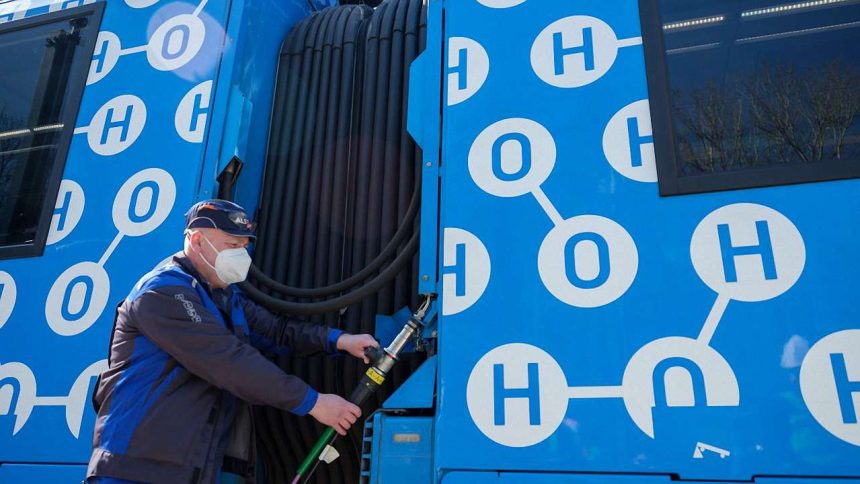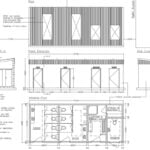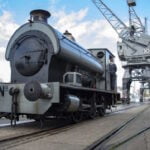Alstom has signed a Memorandum of understanding (MoU) with Liebherr for a fuel cells compressor. This agreement is aimed to improve performance of fuel cells, in particular by increasing their power density and reducing their cost.
The company has also signed an MoU signed with Hynamics (EDF) that aims to reduce the time needed to refuel hydrogen passenger trains. It has also signed an MOU with Plastic Omnium to develop onboard hydrogen tanks.
Teams from Alstom and Hynamics are already carrying out joint modelling and simulation work. Under development is a test bench, including a hydrogen production station, compressor, and storage racks, to evaluate the behaviour of the refuelling operation under optimal observation conditions.
Alstom's core competency in terms of hydrogen lies in rolling stock design and production, but many of its customers are looking for complete hydrogen fuel systems. The solution is to work with partners who can deliver quality work for the rest of the requirements.
Alstom has signed multiple active partnership agreements that focus on the infrastructure for the production, transportation, and management of refuelling stations. They have signed rolling stock partnerships in several European countries:
- in Germany, the company has formed a consortium with Linde for the Lower Saxony Regional Transport Company (LNVG) and a consortium with Infraserv for Rhine-Main Transport Association (RMV);
- in Italy, Alstom is partnering with Snam;
- in France the company is partnering with Engie.
Every year it becomes more and more apparent that the global shift to sustainable mobility is not one option among many but a pressing necessity. Alstom has recognised this and is ready for it by expanding and improving its hydrogen portfolio, both through internal expertise and acquisitions, but by entering numerous partnerships.
With Hydrogen fuel in the spotlight, Brahim Soua, VP Regional Platform at Alstom, explains why these links are so important:
“Alstom is a pioneer in hydrogen-powered trains. We are building the foundation for the future industry. There are a few key goals we need to work on: making hydrogen more competitive and robust and finding a way to offer complete systems to our clients. To better deliver on those objectives, among many other actions, we have signed strategic long-term partnerships with a variety of companies.”
“On top of everything else, we're also doing knowledge exchange. For scientific expertise on hydrogen, Alstom is collaborating with the French Atomic Energy and Alternative Energies Office. We're also involved in return on experience with Safran, an aircraft and aerospace corporation which is experienced in studying all aspects of using H2 fuel.”
“Emission-free mobility is one of the most important goals for ensuring a sustainable future, and we can see now how right we were to start exploring it early at Alstom. We are proud to be a pioneer in the market, and using Alstom's strategy to guide us, we are confident we can keep the progress going strong.”



















I suppose hydrogen is more suitable for trains than it is for cars, but it has to be stored and held in the fuel tank of a train at some 15,000psi otherwise its low energy density would require vast storage volumes. This not only wastes significant energy to do the compression but must be an explosion risk in any kind of collision. Hydrogen is also not “emission free” unless it all can be made by electrolysing water using only electricity generated by wind or solar power. With the electricity grid currently only just coping with demand this seems unlikely, and so most hydrogen is currently made by chemically splitting natural gas into hydrogen and carbon dioxide – and venting the latter! It would actually be much more efficient to use the naturaL gas directly to power the train, eliminating all the energy losses in the hydrogen production chain.
That makes far too much sense though for the sadly misled so-called Green movement who actually believe that electricity provided by ultra polluting batteries are zero emission. Totally deluded idiots who close their eyes and ears to the TRUTH.